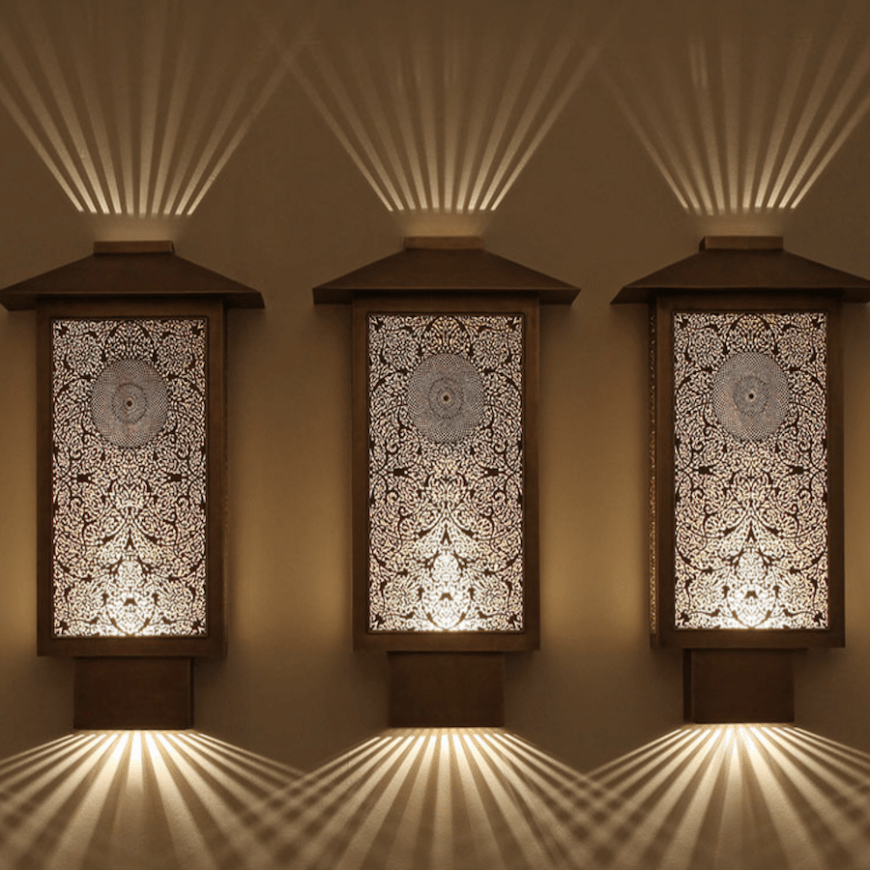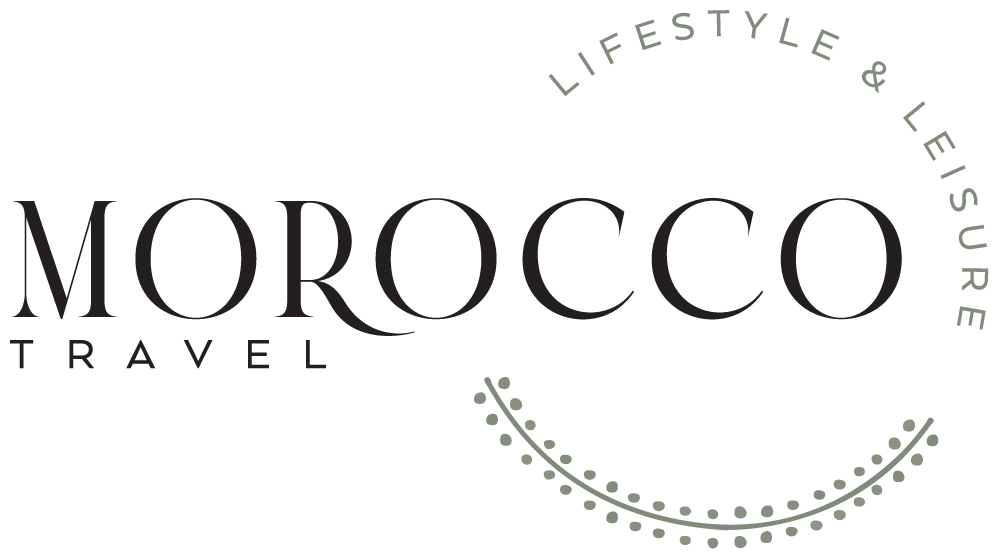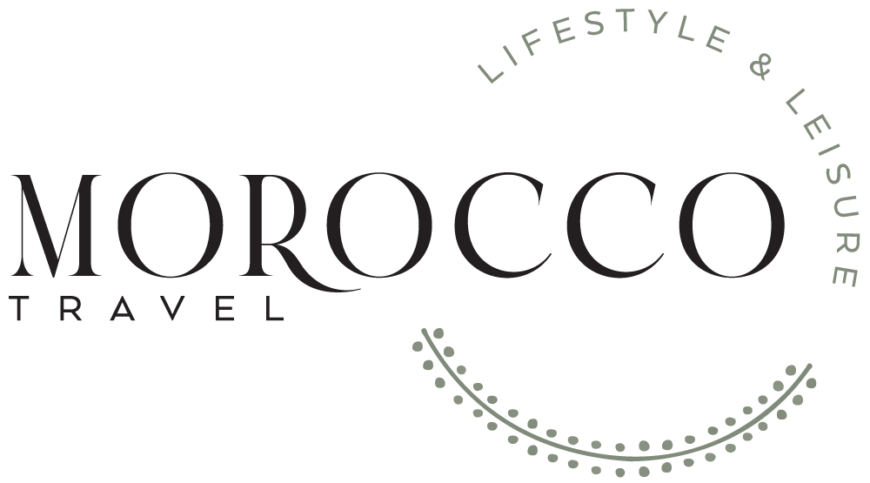Essaouira’s Jewish Heritage, Your Morocco Tour Guide
In the new Moroccan constitution adopted in 2011 in the context of the Arab Spring , His Majesty King Mohammed VI reaffirmed the “Hebrew distinctive characteristic” of Morocco as ” one of the age-old pieces ” of “its national identity”” and he called for “the restoration of all the Jewish temples ” in the Kingdom. In a message at the restoration ceremony of the 17th century Slat al Fassayine Synagogue in Fes, King Mohammed VI reiterated his commitment to religious freedom and spiritual diversity, and emphasized the importance of the three-thousand-year-old Jewish legacy in Morocco.
Summer in Morocco: Seaside Communities Things to do in Essaouira, Agadir and Oualidia
In Morocco in July and August when temperatures are on the high side, you can avoid the sweltering heat of the cities by heading to coastal resorts or the Atlas Mountain retreats where cooler breezes allow you to escape inland heat. Agadir’s long clean crescent beach on the Atlantic coast, offer opportunities for surfing, snorkeling, wind surfing and jet skiing. Most of the larger hotels and surf clubs on the beach rent out water sports equipment and surf boards and cool sea breezes keep the temperature down.
The Art of Yahya Rouach: Modern Elegance and the Riches of the East

Lamps in ornate brass covered with intricate designs thrown into relief as shadows on the wall, huge lamps hanging from the ceiling, framed wooden Arabic calligraphy and the finest metalwork hangs on the walls of Yahya Rouach’s show room in Marrakech’s modern quarter, Guéliz. It feels as if you have entered the splendors of the golden age of Islamic art with the clear precise lines of modern design. It has the western elegance and economy of style as well as the richness and exuberance of the East. There are silver nickel boxes and superb wooden creations using Arabic geometric and floral Moroccan designs and calligraphy. Elegant proportions, subtle imaginative and effective use of light, sobriety and richness of design, nobility of materials and a jeweler’s meticulous precision characterize the work of Yahya Rouach.
Azemmour, Your Morocco Tour Guide
Azemmour is a charming former Portugese fortified town on the great Oum Er-Rabia river 75 km from Casblanca and close to the fortified city of El Jadida which the Portugese moved to after abandoning Azemmour in 1541. The Duke of Braganza took the town in 1513 with a force of some 500 ships and 15,000 troops. It was used as a destination for shipping goods along the river. Azemmour is unspoiled and a very restful destination of character in Morocco.
North African & Berber Jewelry, Your Morocco Tour Guide
In the nineteenth century Morocco began to receive European and American visitors who were also visiting neighboring Algeria,Tunisia and Libya. Early photographers like the Scotsman George Washington Wilson and others began to take photographs of the countryside, towns and people including posed photographs of Berber women adorned in their fine Moroccan jewelry. These photos became the first travel postcards and help to encourage early tourism and an appreciation of North African jewelry.
Moroccan Ramadan Sweets and Soups
Moroccan soups are tasty and fortifying and are accompanied during Ramadan with an assortment of sugary sweets to boost energy levels after a day of fasting The Ramadan fast is broken with harira a lentil and tomato based soup. dates and dried figs and chebakia, which are flower-shaped cookies soaked in honey and sprinkled with sesame seeds. Sweets are an integral part of the social aspect of Ramadan and the ftour meal.
Cooking up in Morocco, Best Cooking Classes, Your Morocco Tour Guide
Learning some of the basics of Moroccan cooking can be an enjoyable experience and adds to your own culinary skills back home. Many riads offer cookery classes for their clients during their stay. These usually begin with a trip to the souk accompanied by one of the staff to buy produce and spices. In contrast to shopping at home everything is bought fresh, for home-cooking. The market stalls include piles of spices, and fresh fruits, nuts and fine local vegetables all beautifully laid out with the fragrance of mint and cilantro . Shopping in the souks of Morocco is a keen sensory experience, as well as a chance to experience local daily life as buyers and sellers haggle over prices.
The 48th Marrakech National Festival of Popular Art, July 2013
Held under the High Patronage of His Majesty King Mohammed VI, the National Festival of Popular Arts is the French acronym in Marrakech is the oldest festival in Morocco. Held annually in Marrakech, Morocco it showcases folk arts of the kingdom through its music, art and local handicrafts.
Nkob, Morocco’s Ait Atta Berber Treks and Travel
The Sagro Mountain region and Ait Ouzzine is the ancestral village of the Ait Atta a Berber tribe which resisted the French up until a treaty was concluded 1933 and never submitted to Thami El Glaoui Pacha of Marrakech during the French protectorate 1912-1956. The Ait Atta belong to the Ait Atta Confederation which covers Ouarzazate, Errachidia, and Azil Provinces. The tribe existed prior to the Arab Islamic conquest in the 7th century and was the leading Berber tribe between the 15 and 19th century. Fiercely independent, their stronghold was the Saghrou Mountains which surround Nkob and its villages. A trek in the Sagro Mountain region includes a five day treks tarting from the Dades valley via the Saghrou Mountains to Nkob. You can also visit the Valley of the Roses on the high plateau of El Kelaa MGouna when visiting this region as well or arrange a home stay with a Berber family through a reputable Moroccan travel agency that specializes in travel in Morocco’s Berber villages and the great South.
Sefrou Cherry Festival in June, Tour Morocco Tour Guide
The June 2013 Sefrou Cherry Festival in Morocco, which celebrates the annual harvest, is the 93rd in its history and the first since its inclusion as part of the UNESCO immaterial cultural patrimony. The first Cherry festival held in Sefrou was In 1918. A cherry queen is crowned as a climax to street events and musical concerts. There will be exhibitions by cooperatives in the region to boost the local economy.


